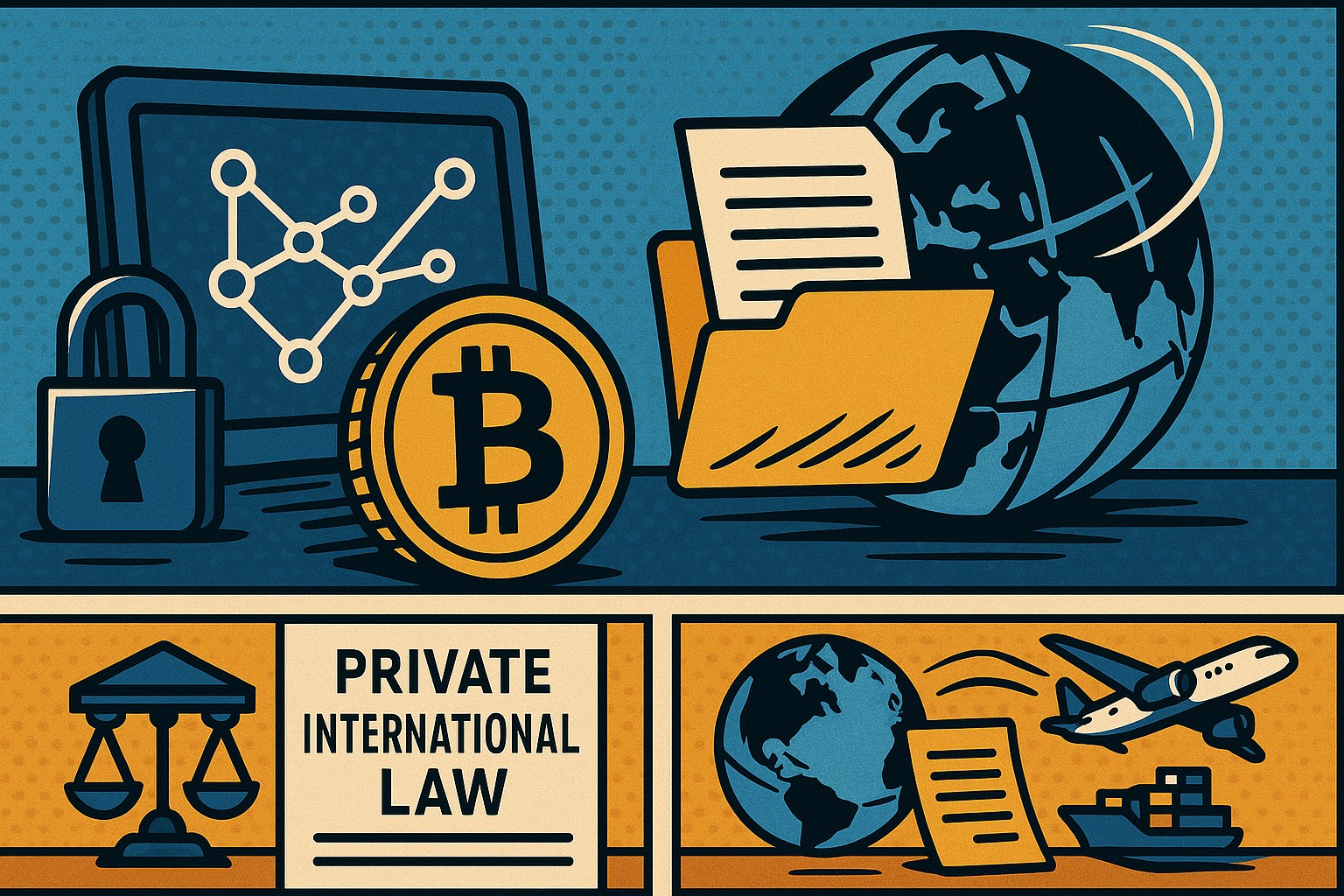MLETR
-
As global trade becomes increasingly digital, legal systems are racing to keep up. Payments are faster, documents are electronic, and supply chains span jurisdictions with very different rules. Against this backdrop, the United Nations Commission on International Trade Law (UNCITRAL) has quietly launched a set of processes that could shape how digital trade works across Read more
-
Digital trade is evolving rapidly, and Distributed Ledger Technology (DLT) is increasingly presented as a solution for improving transparency, efficiency, and trust in commercial transactions. From trade documents and supply chains to payments and digital assets, DLT is often promoted as a transformative infrastructure for modern trade systems. However, technology alone does not create legal Read more
-
United Nations Adopts New Convention Enabling Digital and Flexible Use of Cargo Documents

In December 2025, the United Nations General Assembly adopted the United Nations Convention on Negotiable Cargo Documents (NCDs), developed under the auspices of UNCITRAL and finalized in July 2025. The Convention represents a significant step forward in simplifying and digitalising international trade by extending the use of negotiable transport documents to all modes of transport. Read more
-
Next-Generation Trade Corridors: How Digital Trade Superhighways Are Taking Shape

The global trading system stands at a crossroads. The International Chamber of Commerce (ICC United Kingdom) has published its 2025 report “Next-generation trade corridors — Building digital trade superhighways”, calling on governments and businesses to modernise the world’s trade corridors, making them faster, cheaper, and more sustainable. The report outlines a vision for a paperless, Read more
-
In 2025, most international trade flows still rely on paper documents, even though the technological and legal solutions for paperless trade already exist. The real barrier is no longer technology — it is trust and coordinated implementation. Digital trade facilitation is rapidly becoming one of the most important directions of global economic policy. Around the Read more
-
Thailand Adopts Paperless Trade Treaty – A New Step in Regional Digitalization

Bangkok, 17 October 2025 — Thailand has officially deposited its instrument of accession to the Framework Agreement on Facilitation of Cross-border Paperless Trade in Asia and the Pacific (CPTA) with the United Nations. The Agreement will enter into force for Thailand on 15 January 2026, marking a major milestone in the country’s long-term digital trade Read more
-
The Dutch government has introduced Bill No. 36 743, amending Book 8 of the Dutch Civil Code (Burgerlijk Wetboek) to recognize the use of an electronic bill of lading (elektronisch cognossement) in maritime transport. The aim is to align Dutch law with the UNCITRAL Model Law on Electronic Transferable Records (MLETR), thus creating legal equivalence Read more
-
Lessons from BritCard: Why Architecture Matters for Digital Trust and Identity

Digital identity and trust are not just political or legal questions — they are also architectural ones. The UK government’s proposed BritCard system illustrates how design choices can deeply affect security, privacy, and public confidence. DIACC argues that Canada must avoid overly centralized control and instead promote architectures where the user owns and controls their Read more
-
Digital trade has become a core component of global commerce. Yet, many countries remain tied to paper-based legal and administrative systems. The Commonwealth Model Law on Digital Trade (2025) was developed to provide member states with a unified and modern legal framework that removes barriers to the legal recognition of electronic documents and digital processes. Read more
-
Digital Assets, Electronic Trade Documents, and the Challenge of Private International Law

In June 2025, the Law Commission of England and Wales published Consultation Paper No. 273 on Digital assets and (electronic) trade documents in private international law, including Section 72 of the Bills of Exchange Act 1882. The paper addresses one of the most pressing questions in modern commerce: how should cross-border disputes involving blockchain, crypto-tokens, Read more





